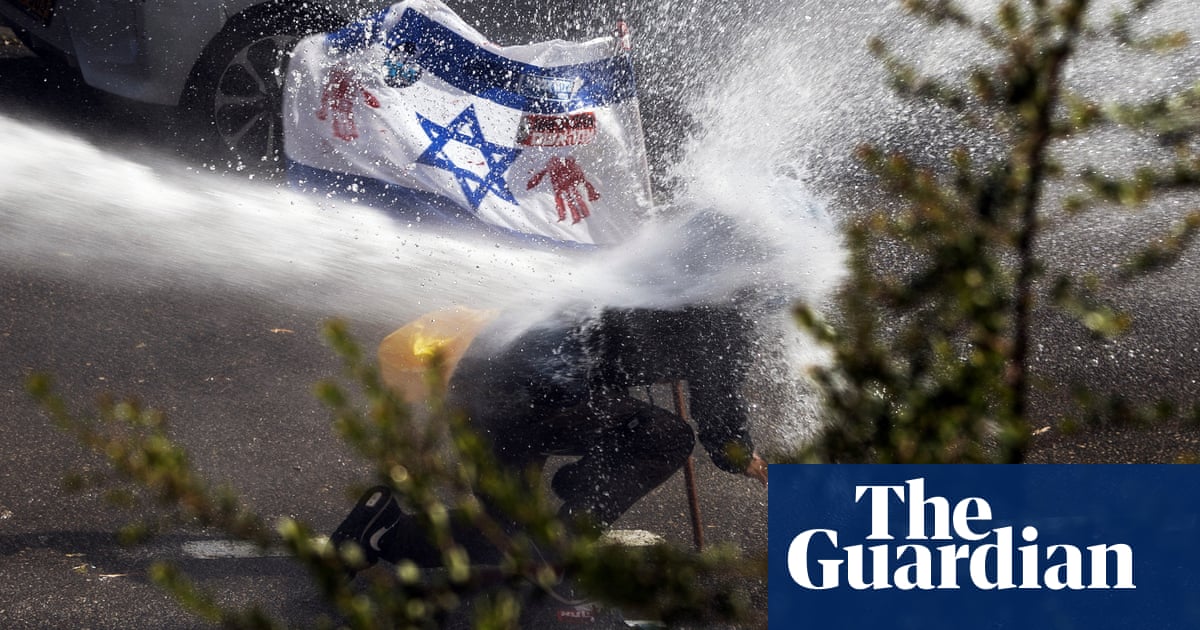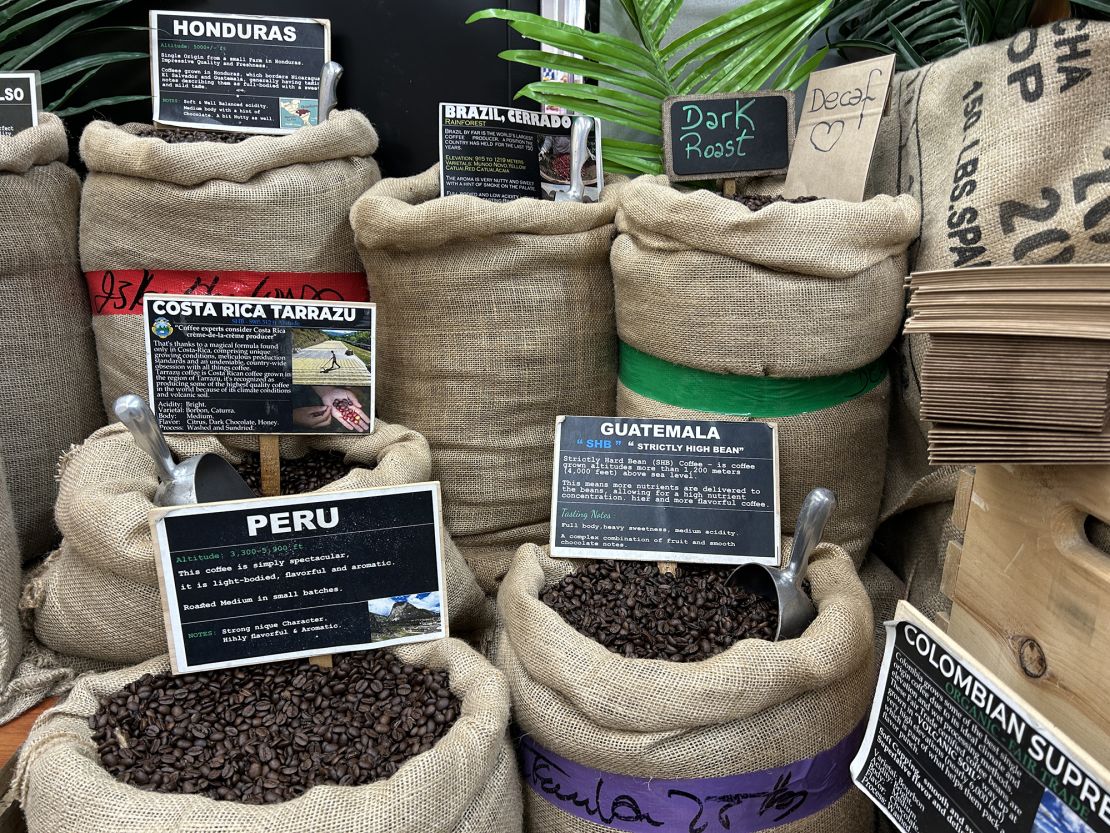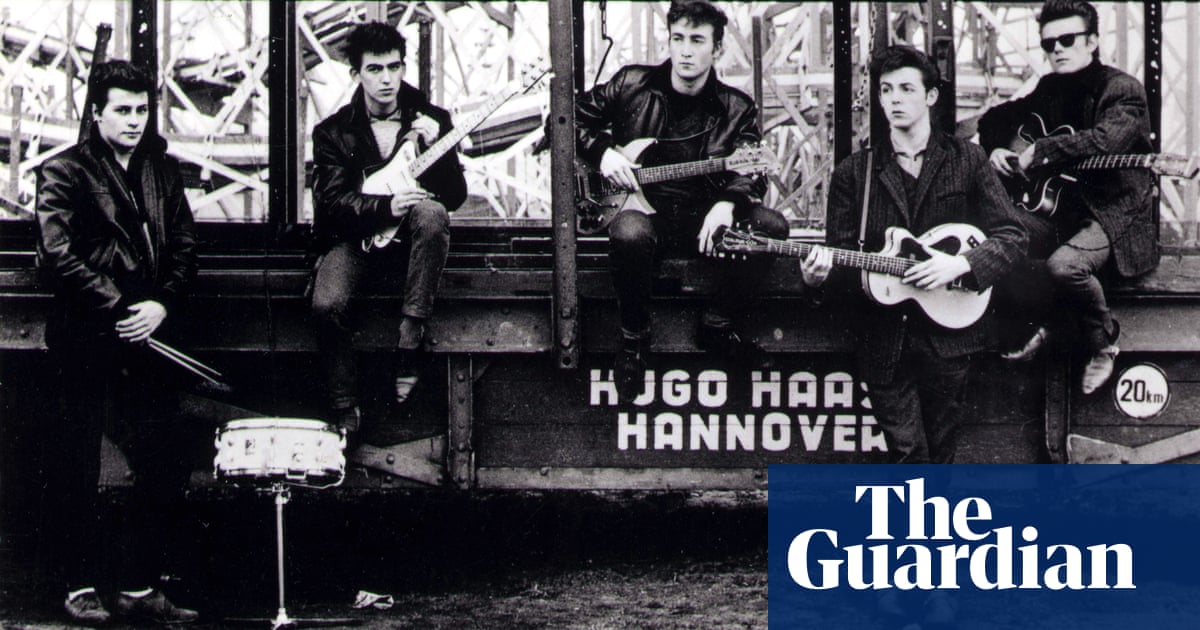“`html
Israeli Protests Erupt Over Gaza Truce, NetanyahuS Policies, Police Clash With Protesters
Table of Contents
- 1. Israeli Protests Erupt Over Gaza Truce, NetanyahuS Policies, Police Clash With Protesters
- 2. The Spark: A Contentious Dismissal and Renewed gaza Conflict
- 3. hostages and Political Maneuvering: A Delicate Balance
- 4. Voices from the Ground: The Protest Movement Takes Shape
- 5. “Red Flags” for democracy: Concerns Over Governance
- 6. The “Qatargate” Affair and Corruption Allegations
- 7. What are the long-term implications of the erosion of trust in the Israeli government as an inevitable result of the protests?
- 8. Archyde Interview: Analyzing the Escalating israeli Protests
- 9. The Spark: Protests and Political Unrest
- 10. Key Issues: Hostages, Democratic Concerns, and Shin Bet
- 11. The Protest Movement: Organization and Scope
- 12. Looking Ahead: Political Fallout and Future Prospects
By Archyde News Staff
Published:
Thousands of Israelis have flooded the streets in recent days, demanding a new ceasefire in Gaza and voicing outrage against what they perceive as Prime Minister Benjamin Netanyahu’s assault on Israeli democracy. On Thursday, March 20, 2025, tensions escalated as protesters clashed with Israeli police in Jerusalem and tel aviv. Reuters reported that police deployed a water cannon and made several arrests. This unrest underscores a deep-seated and multifaceted crisis gripping the nation.
The demonstrations, fueled by a complex mix of political grievances and security concerns, highlight a growing divide within Israeli society. Key highways were blocked, and at least a dozen arrests were made. Campaigners anticipate further protests in the coming days, predicting the movement will “gather momentum and energy.”
The Spark: A Contentious Dismissal and Renewed gaza Conflict
While simmering discontent has been brewing for some time, the immediate catalyst for the current wave of protests was Netanyahu’s attempt to dismiss Ronen Bar, head of the Shin Bet, Israel’s internal security agency. This move, coupled with the prime minister’s decision to resume airstrikes in Gaza after a two-month truce, has ignited widespread anger.
Critics argue that these actions are not only politically motivated but also exacerbate an already dire humanitarian situation in Gaza and undermine efforts to secure the release of the remaining hostages held by Hamas. This situation echoes the political polarization seen in the United States, where controversial presidential pardons or cabinet appointments can trigger widespread public outcry and accusations of abuse of power.
hostages and Political Maneuvering: A Delicate Balance
Protesters are accusing the government of prolonging the war for its own political survival, allegedly disregarding the ordeal of the 59 hostages still in Hamas captivity – approximately 24 who are believed to be alive. Eitan Herzel, chief executive of the Brothers in Arms protest movement, stated, “this government has now also started a war, once again, to protect itself, to divert the discourse from the things that bother the public in Israel. The government has lost all legitimacy on every possible level … They are failing.”
This sentiment resonates deeply with many Israelis who feel the government’s priorities are misplaced. The hostage situation, in particular, is an open wound, constantly amplified by families of the hostages and their supporters. The protests underscore a profound lack of trust in the current leadership.
Voices from the Ground: The Protest Movement Takes Shape
On Wednesday, March 19, thousands converged near Netanyahu’s official residence in Jerusalem, waving Israeli flags and carrying signs advocating for the hostages’ release. The sounds of drums and chants of “hostages deal now” filled the air as protesters marched from across the country.
Ora Nakash Peled, a former senior naval officer and protest organizer, traveled from a kibbutz near Haifa. “I think we have made our point… We need to be organized, we need to be persistent, we need to be focused. [The protest] cannot be violent [but] it doesn’t have to be polite,” she asserted.
Peled’s words reflect the determination and resolve of the protesters,who are committed to peaceful yet persistent action. The comparison to American protest movements, such as the Civil Rights movement or more recently, Black Lives Matter, is evident; these movements also emphasize association, persistence, and non-violent approaches to achieve their goals.
“Red Flags” for democracy: Concerns Over Governance
Protesters chanted, “Israel is not Turkey, Israel is not Iran,” expressing fears about the direction of Israeli democracy under Netanyahu’s leadership.they highlight several “red flags,” including the attempt to dismiss Bar and the effort to oust Attorney General Gali Baharav-Miara,who has questioned the legality of Bar’s removal.
Dr. Amir Fuchs, a legal expert at the Israel Democracy Institute, explained, “The government has the authority to fire Bar but still has to comply with administrative law. So, such as, if there is seen to be a conflict of interests, it could be stopped by the supreme court.” This echoes the principle of checks and balances enshrined in the U.S.Constitution, where the judiciary plays a vital role in ensuring the executive branch does not overstep its authority.
The “Qatargate” Affair and Corruption Allegations
Adding to the political turmoil, shin Bet is reportedly investigating Netanyahu’s aides for alleged national security breaches, including leaking classified documents and accepting funds
What are the long-term implications of the erosion of trust in the Israeli government as an inevitable result of the protests?
Archyde Interview: Analyzing the Escalating israeli Protests
Archyde News: welcome to Archyde News. Today, we are joined by Dr. ilana Cohen,a leading political analyst specializing in Israeli affairs,to discuss the recent wave of protests and the political crisis unfolding in Israel.Dr. Cohen, thank you for being with us.
Dr. Cohen: Thank you for having me.
The Spark: Protests and Political Unrest
archyde News: The protests seem to be a reaction to several key decisions and events. Can you give us your assessment of the situation?
Dr. Cohen: Certainly. The protests are a culmination of several factors. Prime Minister Netanyahu’s move to dismiss Ronen Bar, the head of Shin Bet, and the resumption of Gaza airstrikes are the immediate triggers, fueling deep-seated grievances. The public perceives these actions as authoritarian, prioritizing political survival over national interests and the humanitarian crisis in Gaza.
Key Issues: Hostages, Democratic Concerns, and Shin Bet
Archyde News: The hostages held by Hamas appear to be a central focus. Can you elaborate on the protesters’ concerns concerning the hostages?
Dr. Cohen: The protesters accuse the government of, essentially, prolonging the conflict, and deprioritizing the hostages’ plight for political gain. This has resonated deeply within the Israeli public and has led to a complete loss of trust in the government’s ability to handle the situation.
Archyde News: Additionally, there’s growing concern about the health of Israeli democracy and the actions of the current leadership, specifically the attempt to remove the Head of Shin Bet and other officials. What are the implications?
Dr. Cohen: The attempt to remove someone like Ronen Bar, coupled with attempts to oust the Attorney general, raise serious “red flags” about checks and balances. These actions are perceived as moves to consolidate power and suppress dissent, which erodes the democratic foundations of the state.
The Protest Movement: Organization and Scope
Archyde News: We’ve seen reports about the protesters’ actions on the ground. What can you say about to organizational capabilities and scope of the movement?
Dr. cohen: The protests are well-organized, drawing on experience from past movements. They’re persistent, focused on key demands like halting the war and freeing the hostages. There’s also a strong emphasis on non-violent approaches, and like the civil Rights movement in America, there’s a focus on persistence and making their voices heard.
Looking Ahead: Political Fallout and Future Prospects
Archyde news: With the current situation, what is the potential political fallout from these protests?
Dr. Cohen: The political fallout is potentially significant. The erosion of public trust, the accusations of corruption, and the pressure from both the protests and international bodies could lead to early elections or even a government collapse.The situation is very dynamic, and the government is under immense pressure.
Archyde News: Dr. Cohen, what do you think is the most critical issue that requires attention in the coming days and why?
Dr. Cohen: I believe the most critical issue is the need for dialogue and compromise. Bridging the divisions within Israeli society will be essential. The hostage situation, the concerns about democratic backsliding, and the need for a sustainable resolution of the conflict—these are incredibly complex challenges. The future depends on the government and people coming together.
Archyde News: Dr. Cohen, thank you so much for shedding light on this complex situation. Our audience will certainly appreciate your insights.
dr. Cohen: My pleasure.
archyde News: This has been a special report by Archyde News. We will continue to update our viewers on the unfolding situation in Israel. What are your thoughts? Comment below and discuss.








